Z DAY
2 Apr
Zapatero: “This is my last term as Prime Minister”
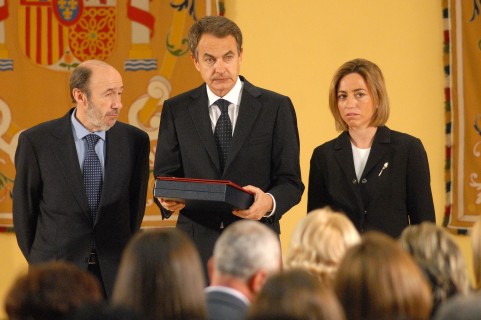
Zapatero... flanked by Alfredo Rubalcaba and Carme Chacón, the two leading (still-unannounced) contenders for leadership of the Socialist Party.
By PEDRO BOLICHERO
HE IS ADMIRED by diehard party supporters but despised by his frequently-vitriolic detractors. He has been guilty of naivety, especially his belated admission that Spain was in economic crisis; yet in recent months (cajoled by European Union colleagues) he has overseen the harsh decisions needed to restore the country to more solid financial health – mostly at the expense of discarding his cherished socialist beliefs (his paternal grandfather was executed by Franco’s forces during the Spanish Civil War for refusing, as a republican captain, to take part in the Fascist uprising in his home town of León).
Now, to paraphrase Richard Nixon, we won’t have José Luis Rodríguez Zapatero to kick around any more. Well, we will for another year, but the 50-year-old Spanish prime minister has – in the face of increasing speculation over the past few weeks – announced that he will not be standing for a third four-year term in 2012.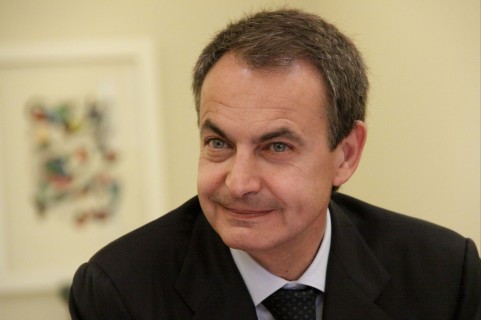
Spain’s fifth prime minister since the transition to democracy in 1977, and second socialist after Felipe González, he told the Federal Committee of the PSOE (Partido Socialista Obrero Español) that when elected in 2004 he had only planned to remain at the government helm (if elected in 2008, of course) for eight years – and this intention had not changed. Two terms, and no more, he told the committee meeting, is “a reasonable period to aspire to hold the destination of a country in your hands” – the “most convenient” for his party, country and family (he and wife Sonsoles Espinosa have two daughters).
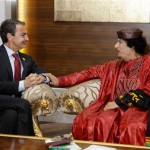
He said in recent weeks he had been reflecting on when to make the announcement, and he had decided to do it now “to end what could be perceived as uncertainty” and prevent the party from being “distracted” – before the municipal and regional elections on 22 May – from the main task of consolidating Spain’s economic recovery.
Zapatero said his successor as PSOE leader would not be designated – “that’s not our way” – and primaries would be held if more than one candidate emerged.
At the moment the frontrunner (and early poll favourite among party members and voters) is his first vice president Alfredo Pérez Rubalcaba, though there is a growing move for the party to pass the baton on to a new generation led by Spain’s first female Minister for Defence, Carme Chacón. Other potential contenders include Patxi López, president of the Basque region; Extremadura regional president Guillermo Fernández Vara; PSOE deputy general secretary and Minister for Development José Blanco; and José Bono, the current President (Speaker) of the Parliament, who unsuccessfully stood against Zapatero in 2000 when he was elected general secretary (leader) of the party and prime ministerial candidate in 2004.
Meanwhile, Zapatero’s legacy will, on the negative side, be having presided over Spain’s 20 per cent-plus unemployment rate (not necessarily all his government’s fault) and not coming to grips with the country’s economic malaise soon enough (again, due in part to the global situation and Spain’s own deflated property bubble), but he will also be remembered for unilaterally withdrawing Spanish troops from the Iraq war immediately alter his election in 2004 (earning the eternal enmity of President George W. Bush), weakening Basque terrorist organisation ETA almost to the point of neutering its threat, and a progressive social agenda that has included female-male parity in the Cabinet (he appointed the country’s first two female vice presidents) and permitting homosexual marriages.

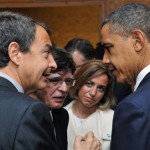
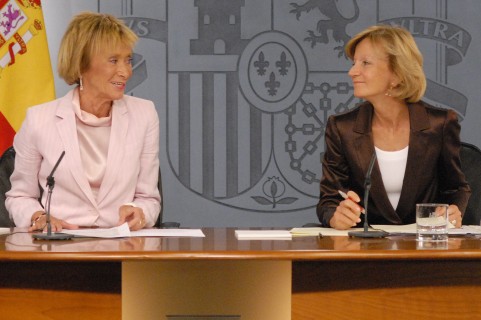
No comments yet